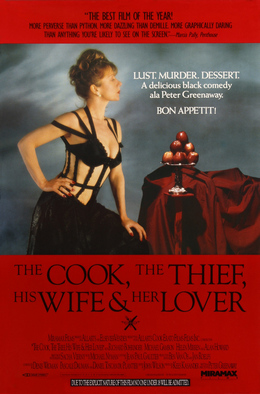 |
| Ethan Hawke and Gore Vidal in Gattaca |
Irene Cassini: Uma Thurman
Jerome Morrow: Jude Law
Director Josef: Gore Vidal
Detective Hugo: Alan Arkin
Anton Freeman: Loren Dean
Dr. Lamar: Xander Berkeley
German: Tony Shalhoub
Caesar: Ernest Borgnine
Marie Freeman: Jayne Brook
Antonio Freeman: Elias Koteas
Director: Andrew Niccol
Screenplay: Andrew Niccol
Cinematography: Slawomir Idziak
Production design: Jan Roelfs
Film editing: Lisa Zeno Churgin
Music: Michael Nyman
It's refreshing these days to see a science fiction movie not dependent on special effects to make its point, which is why the 21-year-old Gattaca feels retro, even dated in so many ways. The focus remains on ideas about genetic manipulation as its protagonist, Vincent, tries to elude detection as an "in-valid" -- one who was conceived in the messy old random way rather than the "valid" one of pre-screened fertilization that produced his brother, Anton. Vincent wants to go to space, and by working with a shady organization that provides in-valids with the identities of certified valids, he gets his chance, taking on the identity of Jerome Morrow, an athlete who was so depressed at coming in second that he walked in front of a moving car and is crippled for life. The film strains a bit to persuade us that people will accept Vincent's new identity, since Ethan Hawke's Vincent doesn't look a lot like Jude Law's Jerome, except in an ID photo that tries to strike some kind of plausible middle between the two. And later in the film we'll be forced to believe that Vincent and his brother, Anton, don't immediately recognize each other as the grownup versions of the siblings who used to compete with each other in swimming races. But suspension of disbelief aside, Gattaca manages to be a fairly witty and intelligent film. I particularly like the scene in which Vincent/Jerome and the other astronauts board the spaceship to Titan, wearing business suits, not the usual Mylar spacesuits we associate with space travel. It reminds me a bit of the men who board the rocket ship in Georges Méliès's A Trip to the Moon (1902), wearing top hats.

